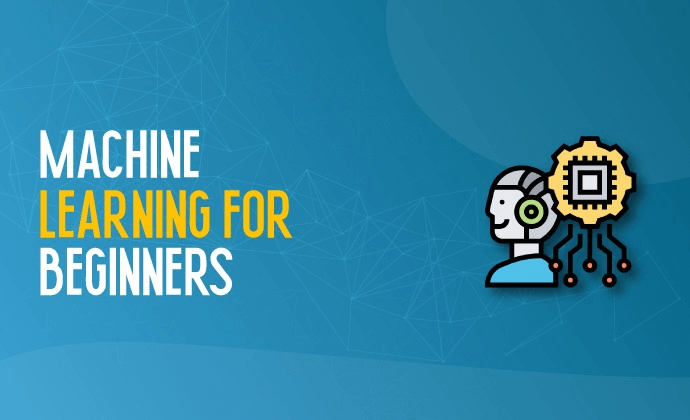
Course Details
Course Objective
The Machine Learning (Beginners) Course in Lahore is designed to provide participants with a comprehensive introduction to machine learning concepts, tools, and techniques. By the end of this course in Lahore, participants will gain foundational knowledge to understand, build, and evaluate machine learning models.
This hands-on training bridges the gap between theory and practical implementation, equipping learners in Lahore with the essential skills to apply machine learning in real-world scenarios. Enroll now and start your journey for the top-rated machine-learning program!
Course Benefits
- Gain proficiency in Python programming, data handling, and visualization.
- Learn essential machine learning algorithms and how to apply them.
- Acquire hands-on experience with tools like NumPy, Pandas, Matplotlib, Seaborn, and Scikit-learn.
- Understand the key concepts of supervised and unsupervised learning.
- Get familiar with advanced machine learning libraries like TensorFlow and Keras.
- Work on real-world projects and case studies for practical exposure.
- Develop the ability to evaluate model performance using metrics like accuracy, precision, recall, and F1 score.
- Learn about model deployment using Streamlit and Flask for real-world applications.
Prerequisite
- Basic understanding of mathematics, especially linear algebra and statistics.
- Familiarity with basic programming concepts.
- No prior knowledge of machine learning is required as this course is designed for beginners.
Who Should Attend
- Students and fresh graduates from fields like engineering, computer science, mathematics, and statistics.
- Professionals and job seekers looking to switch careers to machine learning, data science, or AI.
- Individuals interested in learning the fundamentals of machine learning and AI.
- Anyone looking to upskill in one of the most in-demand fields in technology today.
Machine Learning For Beginners Course Outline
Module 1: Fundamentals of Python for Machine Learning
- Foundations of Python Programming
- Functional Programming in Python
- Data Structures, Loops, and Control Structures
Module 2: Data Processing for Machine Learning
- Numerical Computations and Linear Algebra using NumPy
- Data Pre-processing using Pandas
- Data Visualization using Matplotlib and Seaborn
- Introduction to Scikit-learn
Module 3: Core Machine Learning Algorithms
- Supervised Learning
- Regression vs. Classification:
▪ Linear Regression
▪ Building a simple regression model
▪ Evaluating regression models- Logistic Regression:
▪ Basics of Classification
▪ Performance metrics: Accuracy, Precision, Recall, F1 Score - Unsupervised Learning
K-Means Clustering
Hierarchical Clustering
- Logistic Regression:
- Train-Test Split and Cross-Validation
- Overfitting vs. Underfitting
Module 4: Projects and Case Studies
- Real-world machine learning projects and case studies to reinforce the concepts learned.
Module 5: Introduction to Advanced Concepts
- Introduction to TensorFlow and Keras
- Overview of Model Deployment
- Streamlit
- Flask
Conclusion
The "Machine Learning for Everyone" course offers a well-rounded introduction to machine learning concepts, tools, and techniques. It equips learners with the knowledge and skills to understand and implement machine learning models for practical use. With hands-on projects, case studies, and exposure to advanced libraries like TensorFlow and Keras, participants will be prepared to apply machine learning in various professional roles or continue their journey into more advanced topics. This course is an essential step for anyone looking to build a strong foundation in one of the most sought-after fields in technology today
Course Curriculum

Ramzan
DeveloperI am a web developer with a vast array of knowledge in many different front end and back end languages, responsive frameworks, databases, and best code practices








